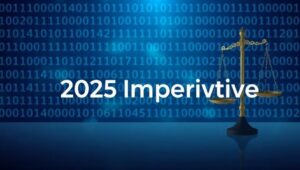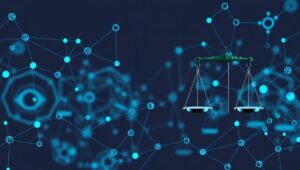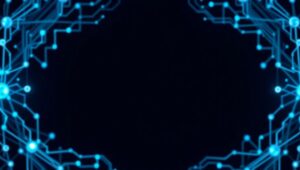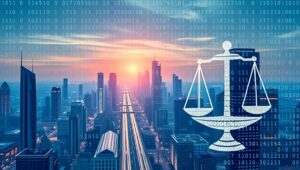June 1, 2025
Addressing Bias in Algorithms and Software (A 2025 Imperative)
Addressing Bias in Algorithms and Software: A 2025 Imperative As we move further into 2025, the pervasive influence of algorithms and software in our daily lives becomes increasingly apparent. From loan applications to criminal justice, automated systems are making critical decisions that impact individuals and society as a whole. However, these systems are not neutral arbiters. They can perpetuate and even amplify existing biases, leading to unfair or discriminatory outcomes. This post examines the urgent need to address bias in algorithms and software, exploring its sources, consequences, and potential solutions. Sources of Bias in Algorithms Algorithmic bias arises from various






